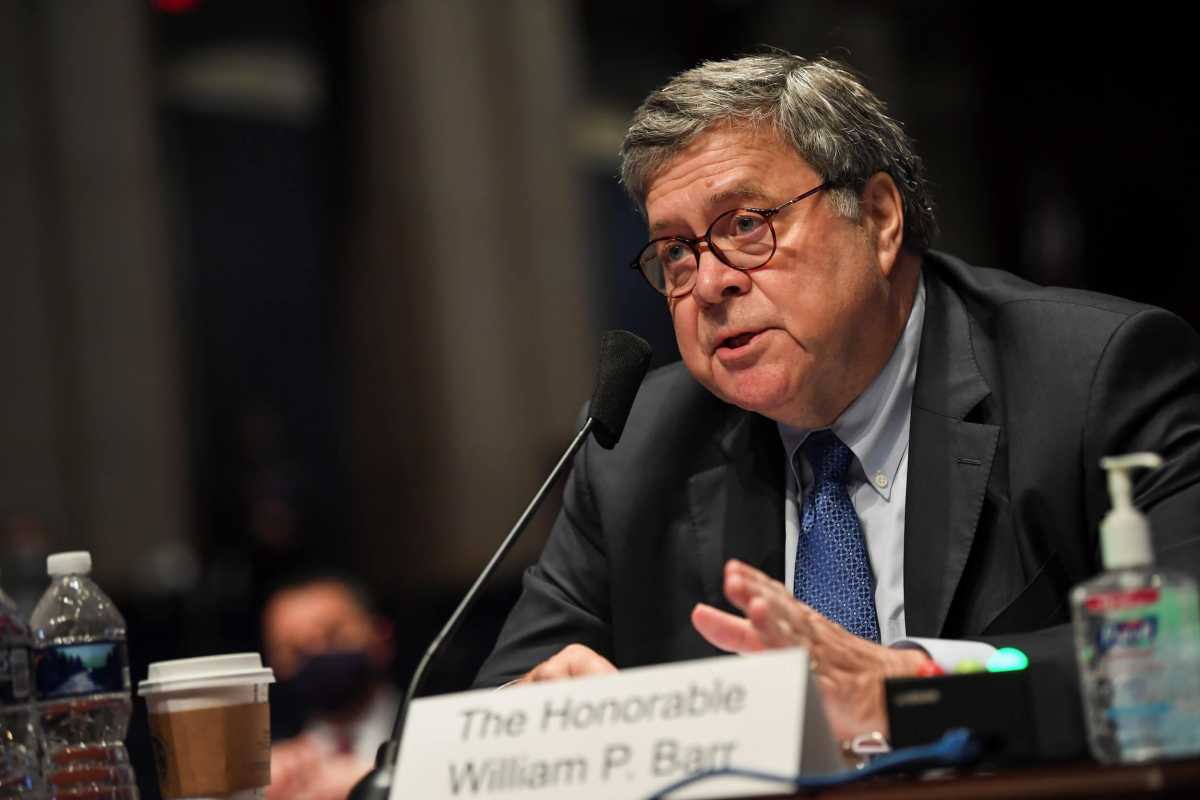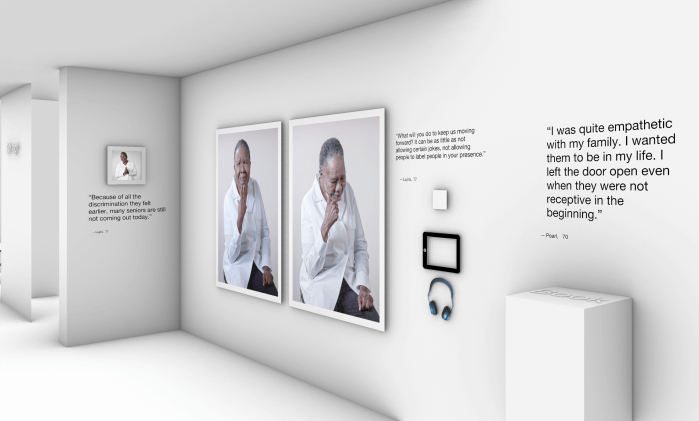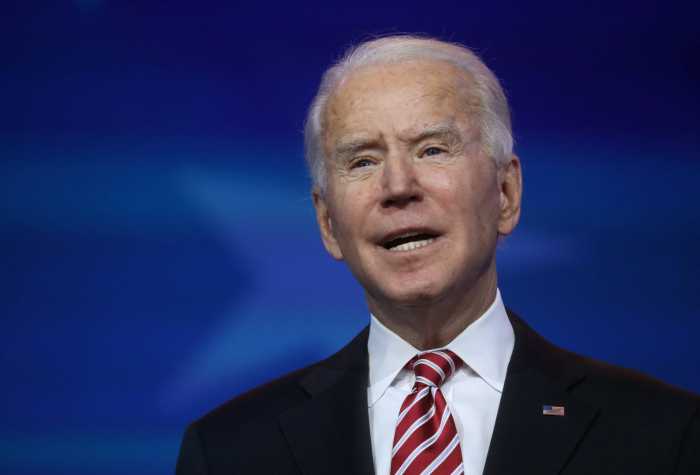The Department of Justice (DOJ) has proposed a new rule that could make it even more difficult for LGBTQ individuals, people of color, women, and people with disabilities to prove claims of discrimination against federally funded programs, sparking criticism from civil rights groups.
According to a draft of the proposal obtained by the New York Times, DOJ officials are requesting the White House approve a rule that will change how it enforces Title VI of the Civil Rights Act of 1964, a law preventing beneficiaries of federal funding from discriminating based on color, race, or national origin. This act extends to housing, schools, food and financial assistance programs, and healthcare.
“This is the Trump administration’s latest attack in its continued efforts to undo critical civil rights protections for marginalized communities,” ReNika Moore, the director of the American Civil Liberties Union’s (ACLU) racial justice program, said in a written statement to Gay City News. “The disparate impact rule has protected people of color, LGBTQ people and other marginalized groups from discrimination in accessing education, housing and other critical areas of public life for decades.”
The Times reports that this change would still allow the department to investigate claims of intentional discrimination, but policies or practices that have a “disparate impact” on marginalized groups are no longer included. Under US law, disparate impact refers to any practice in employment, housing, or other areas of public life that are regarded as neutral but impacts one marginalized group more than another.
The most well-known case of this is the Jim Crow literacy tests, which prevented Black people and poor white folks from voting in national elections. The literacy tests were open to everyone, but widespread discrimination in public schools made it significantly harder for a Black person to learn how to read or write — let alone pass a test evaluating these skills.
Now the DOJ wants to remove definitions that protect people of color and other marginalized groups from those inequitable laws. According to a copy of the draft’s proposal, the department claims that the current civil rights protections are far “broader” than what the law actually protects against.
Rodrigo Heng-Lehtinen, deputy executive director for the National Center for Transgender Equality, agreed with Moore’s assessment that these changes would impose even more barriers at the worst possible time.
“This is a desperate attempt by the president to short-circuit non-discrimination protections and shut the public out of the rule-making process,” Heng-Lehtinen said in a written statement to Gay City News. “Trump has shown that he intends to continue to attack marginalized people, including those who LGBTQ, until his last day in office. In this case, he wants to make it harder for people to prove discrimination, particularly in housing and health care. This latest attempt to hold onto power won’t work. It’s clearly a last-gasp effort to enact a radical, unpopular agenda to uproot civil rights protections in our country.”
Sharon McGowan, the legal director and chief strategy officer at Lambda Legal, said she’s “deeply disturbed” by the regulation.
“While Title VI deals with discrimination on the basis of race, color, and national origin, the question of whether the federal government can and should concern itself with practices that are not only discriminatory in their intent but also discriminatory in their effect, is an important one for civil rights enforcement across the board,” McGowan told Gay City News. “The fact that the administration is trying to finalize this rule at the eleventh hour without any notice and comment period, blocking any public discussion of the harms that would result from this rule change, is yet another manifestation of its lawlessness and its disdain for civil rights.”
This law is among the Trump administration’s latest attempt to curtail the civil rights of LGBTQ people. Last year, it was revealed the administration planned to cut back on funding diversity and inclusion training programs.
According to the Times, the DOJ submitted the change to the White House Office of Management and Budget on December 21. This would make it one of former Attorney General William P. Barr’s final orders. Plus, the new rules would be the DOJ’s first major change to a civil rights law since 1973, according to the draft document.
The DOJ has not made the changes available for public review or comment.
To sign up for the Gay City News email newsletter, visit gaycitynews.com/newsletter.




































